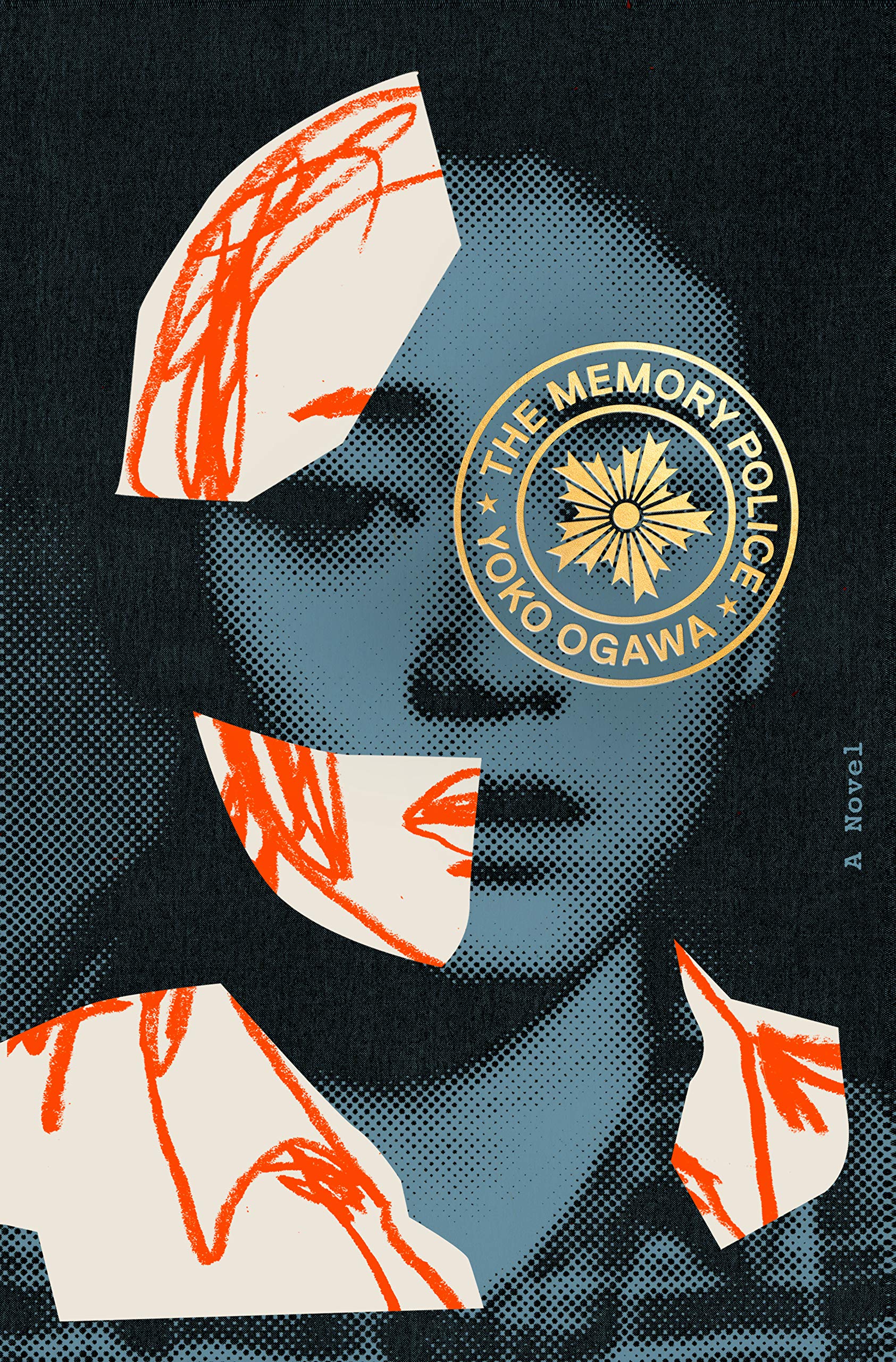When they were gone, a calm fell as though the air itself were breathing with infinite care. The owners turned for home, empty cages in hand.
And that was how the birds disappeared.
On a small island things have been disappearing. When they disappear, they are quite literally forgotten--not entirely, at first, but when people wake up feeling that something has disappeared they must search their memories for the gaps. As a collective ritual, they dispose of whatever it is that has disappeared from memory: they burn calendars and ribbon, they trash emeralds, they let all their birds go free. The nameless narrator's friend, referred to only as on old man, still lives in the rusty old boat that once was the ferry to the mainland, but the ferry itself has disappeared.
Ogawa walks a very tight line here; it's never really clear what it means when something has "disappeared." The objects themselves don't vanish, and sometimes if the islanders try hard enough they can dredge the word up from memory: the narrator remembers, for instance, that "birds" are what her father once studied before his death. She explains it as a kind of loss of emotional or resonant attachment; she looks at the emerald her mother has hidden away and feels no associations with it at all. These disappearances are enforced by a totalitarian force called the Memory Police, who search homes for contraband and even hunt down people who seem to have a genetic ability to remember everything. The narrator's editor, R--she's a novelist--is one of those people, and the narrator hides him in a special hidden room she's rigged up in her house to protect him from the Memory Police.
There's a line, spoken by the egotistical narrator of Martin Amis' Money, that I have never forgotten, although I'm sure I'm only paraphrasing it: "Don't you think memory is fascinating?" he says; "Me neither." That sticks with me because I think it's true; a lot of literary meditations on memory fall short of saying anything interesting. (Proust excepted.) So it's even more impressive that The Memory Police ends up so compelling and thoughtful. For Ogawa, memory is a vital constituent part of our identity, and to lose memories means to lose oneself. It's one thing to lose birds and calendars, but what happens when novels disappear? Later on, this problem becomes quite literal, when everyone's left leg disappears:
I pulled back the quilt and made a bizarre discovery--something was stuck fast to my hip. And no matter how much I pulled or pushed or twisted, it would not come off, just as though it had been welded to me.
It's possible to read this politically, as a parable about how totalitarian regimes adjust memory and history for their own purposes. 1984 gave us the term "memory hole" for this kind of intentional memory loss, and Ogawa, too, describes the process as a kind of cavity opening up. But The Memory Police is too eerie, too fantastical, to have any kind of political teeth; it seems more like an existential, even phantasmagoric, kind of horror novel. R remains chipper and tries to guide the narrator through the process of recovering her memories. He massages her leg when it disappears, encourages her to sit at the typewriter banging out words until the novel reforms. But these efforts always seem in vain, and perhaps even slightly sinister. If the narrator is only whole in R's memory, can't he make of her what he wants?
Ogawa's language is sparse, controlled, ironic. It's funny and strange in a very subdued way. I wanted to pair it with Kobo Abe's The Woman in the Dunes, and I can see a bright line of influence between them, passing through Orwell and, like, Fellini or something. What impressed me most about the book, I think, is that the strangeness of it might have come at the cost of emotional realism, but the narrator feels human, real. The ending is elegiac and sad, and as affecting as anything I've read this year. Ironically, this is a book I won't quickly forget.


No comments:
Post a Comment